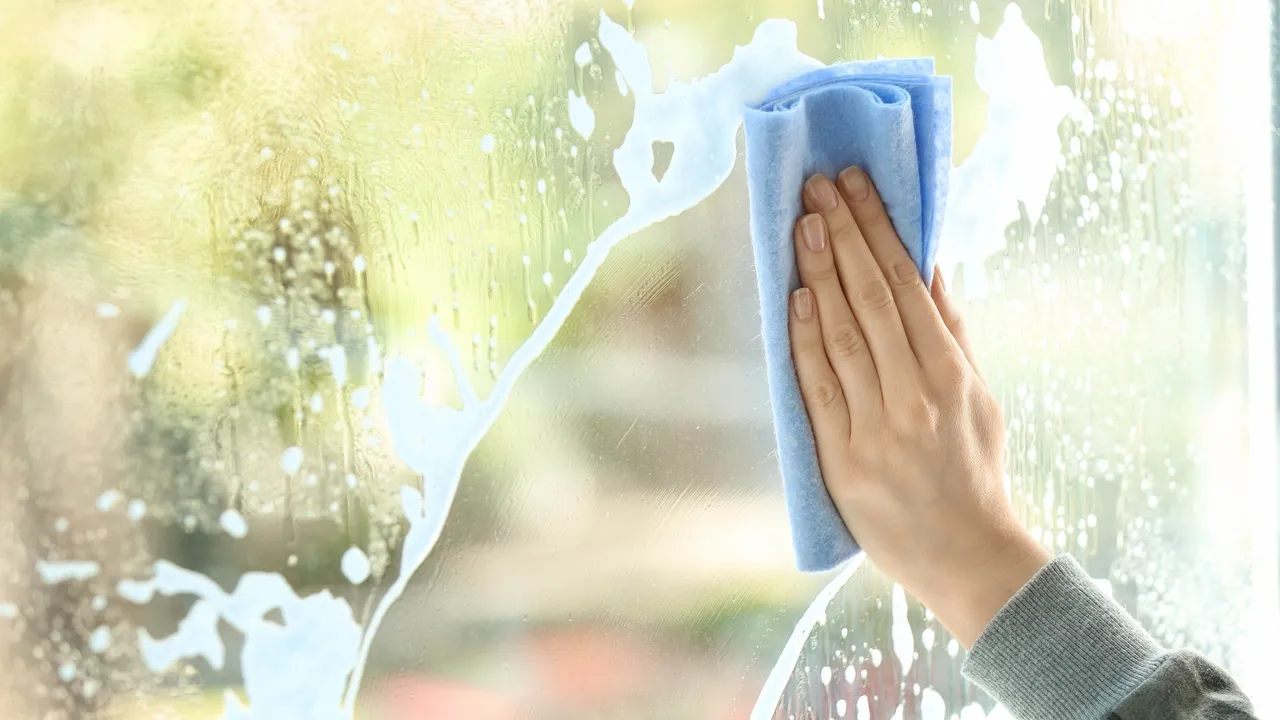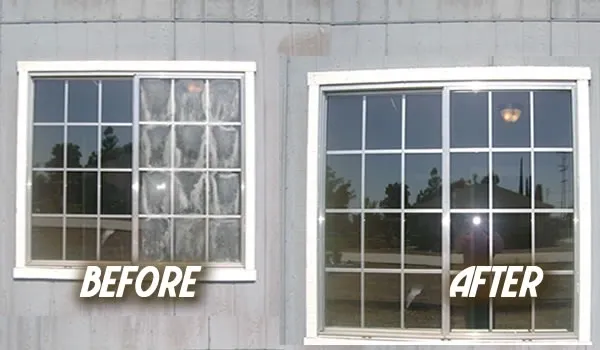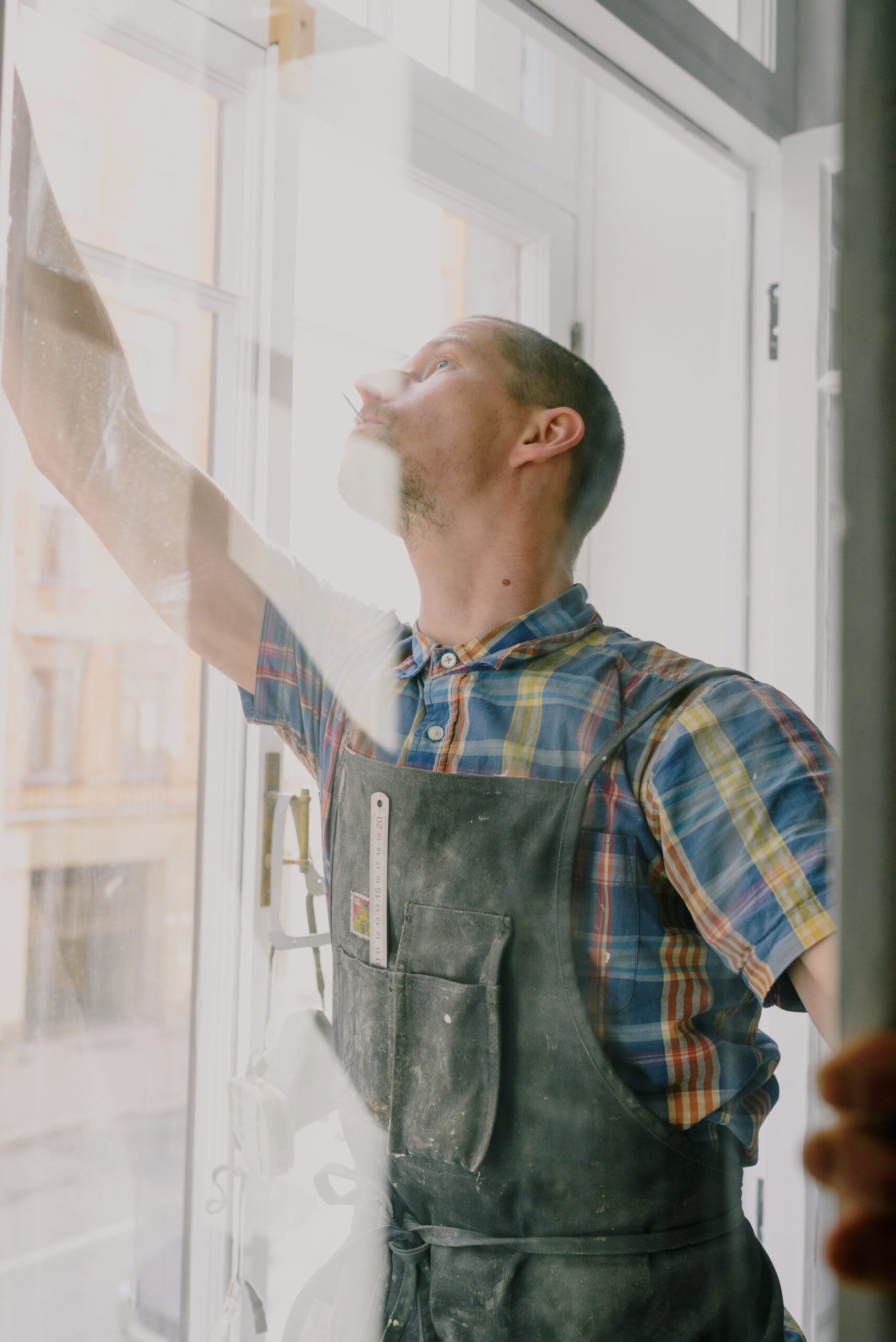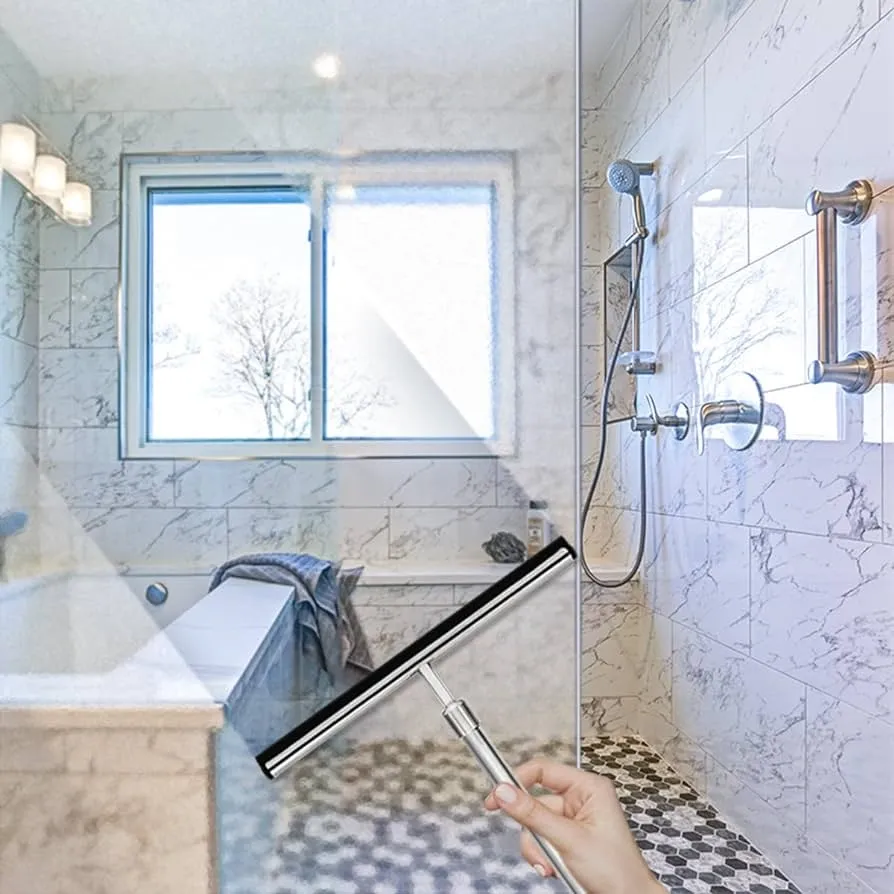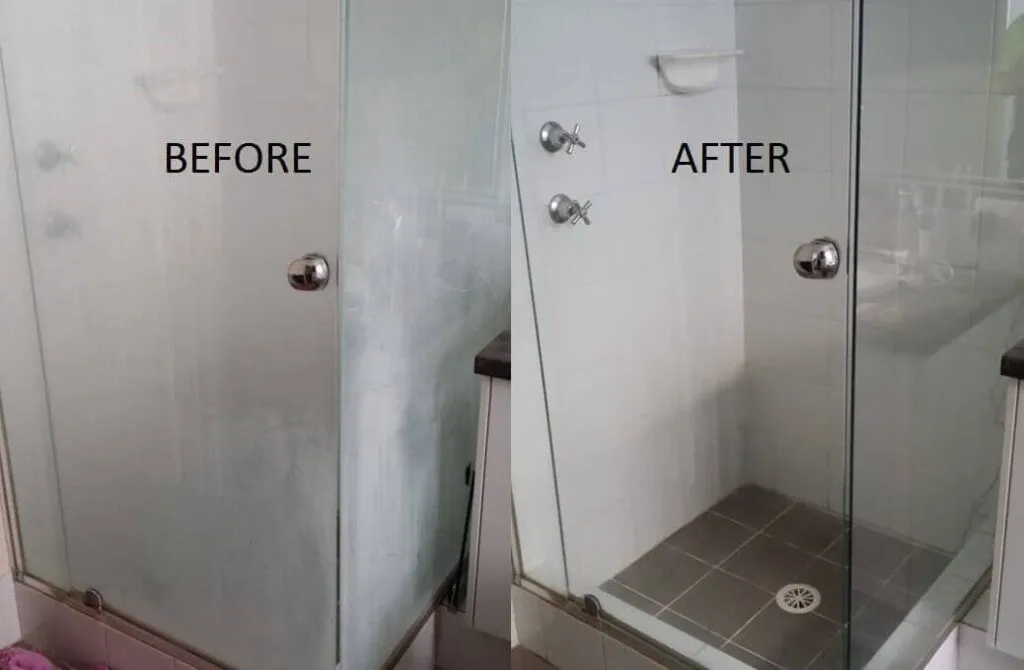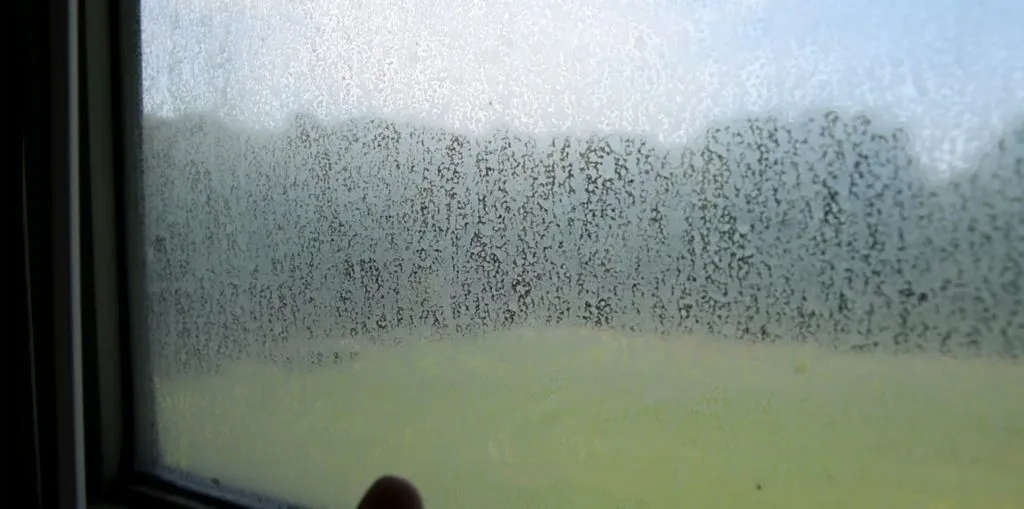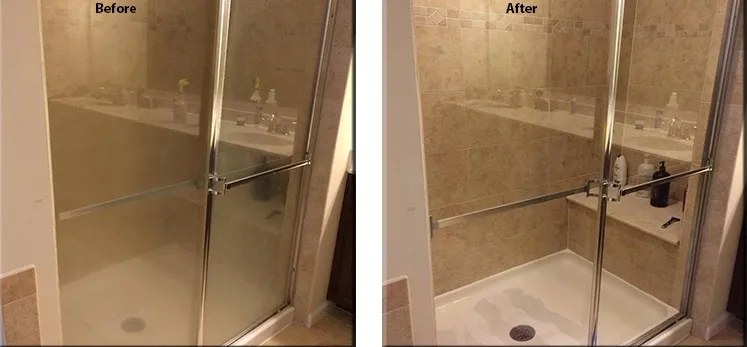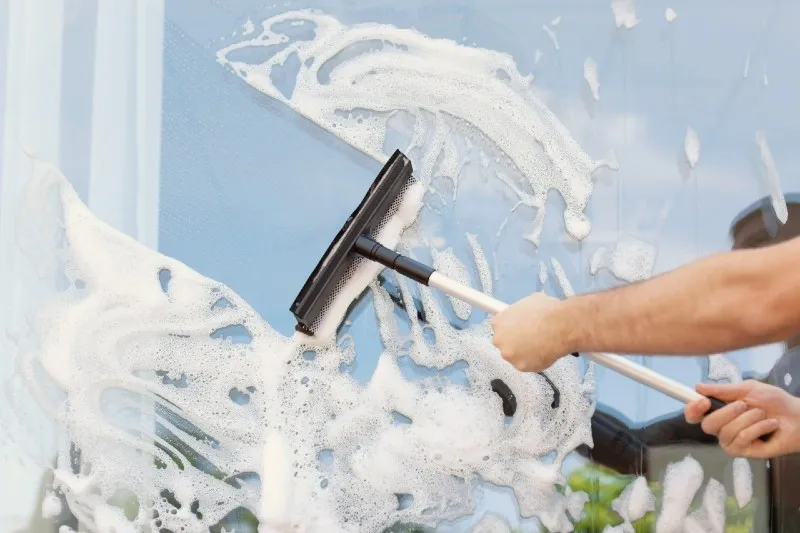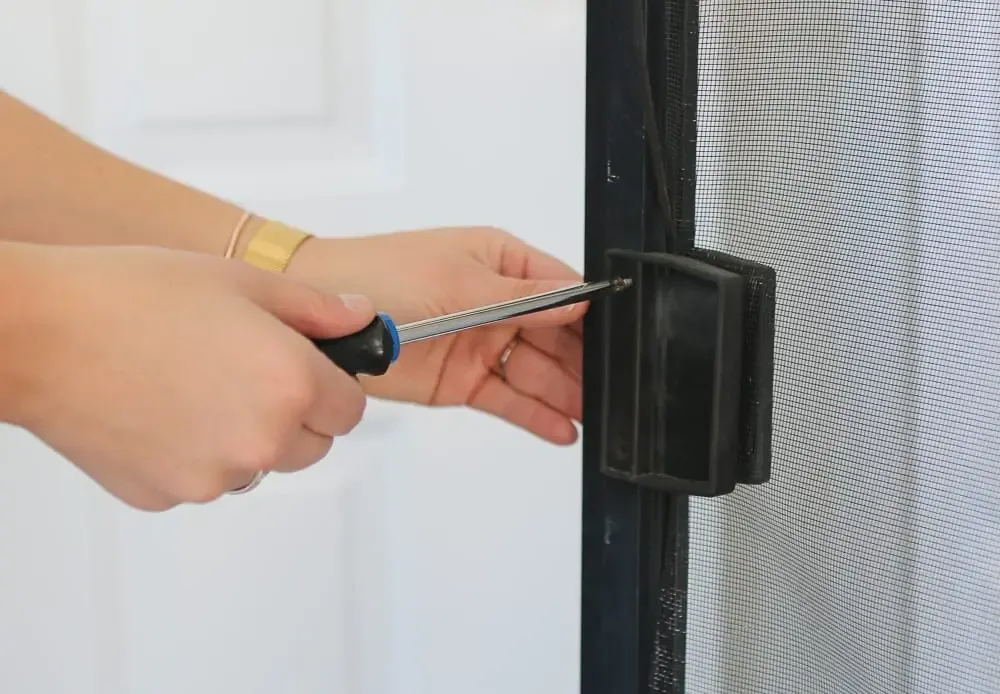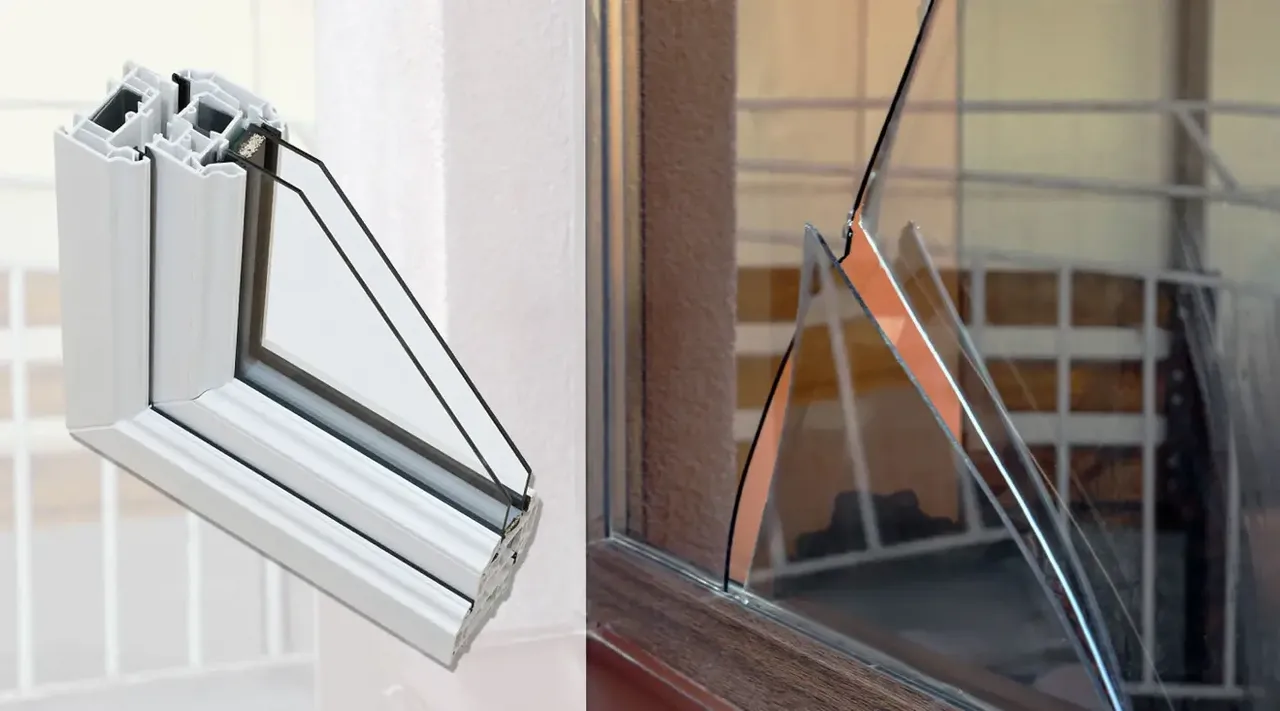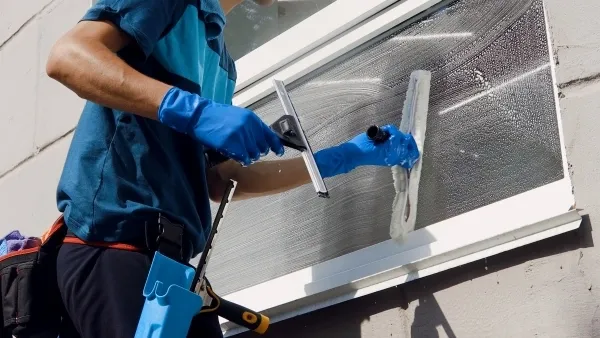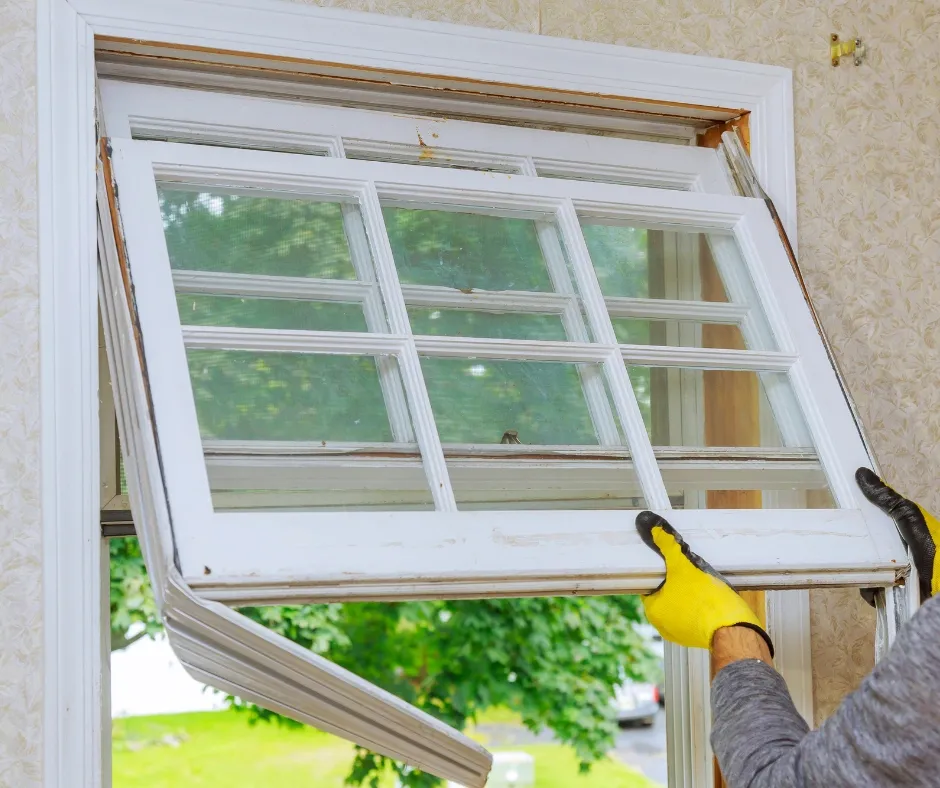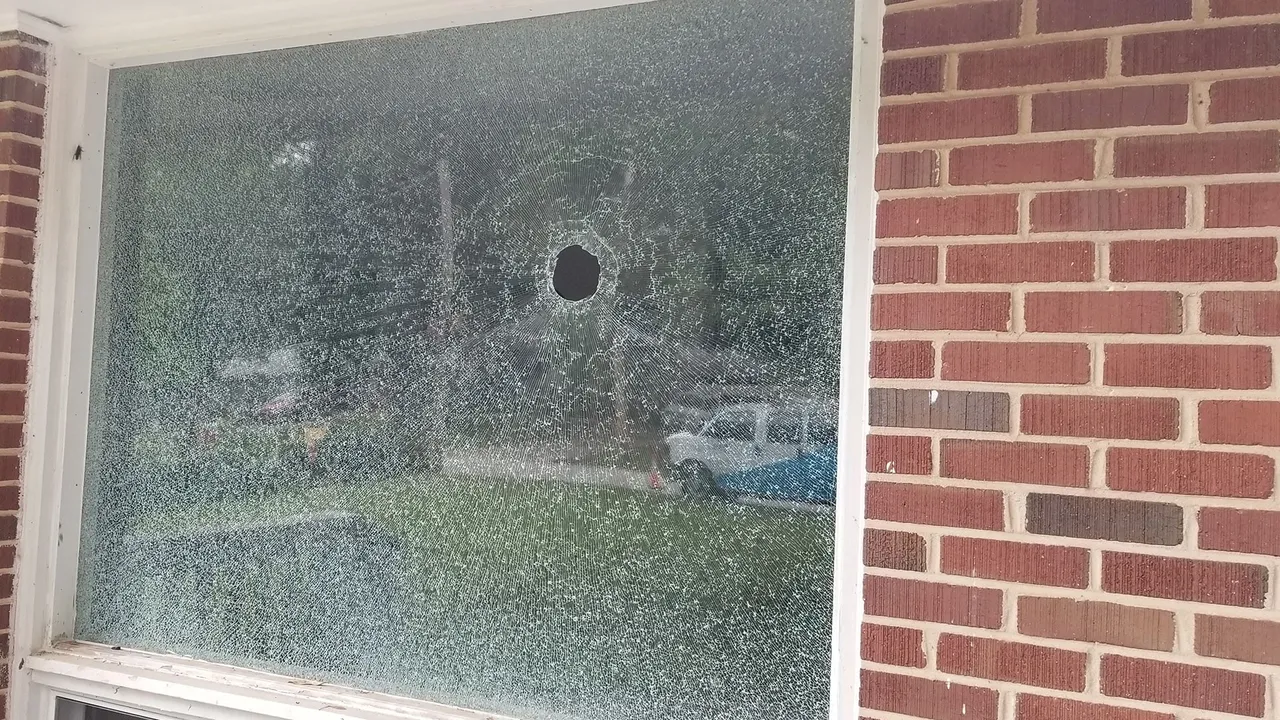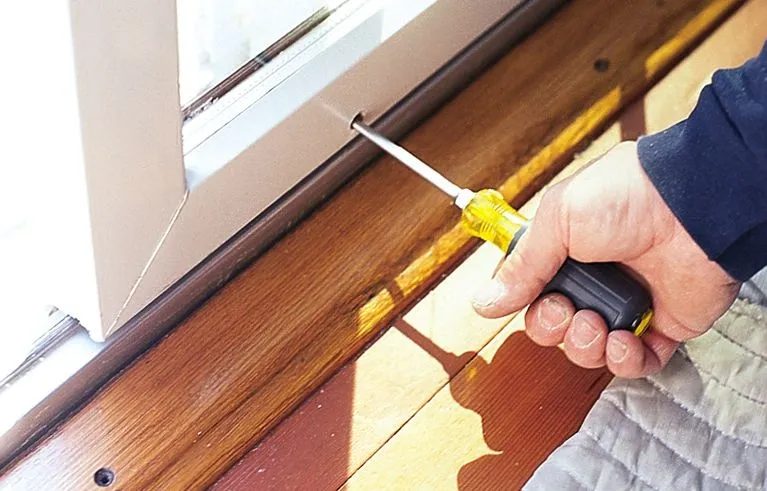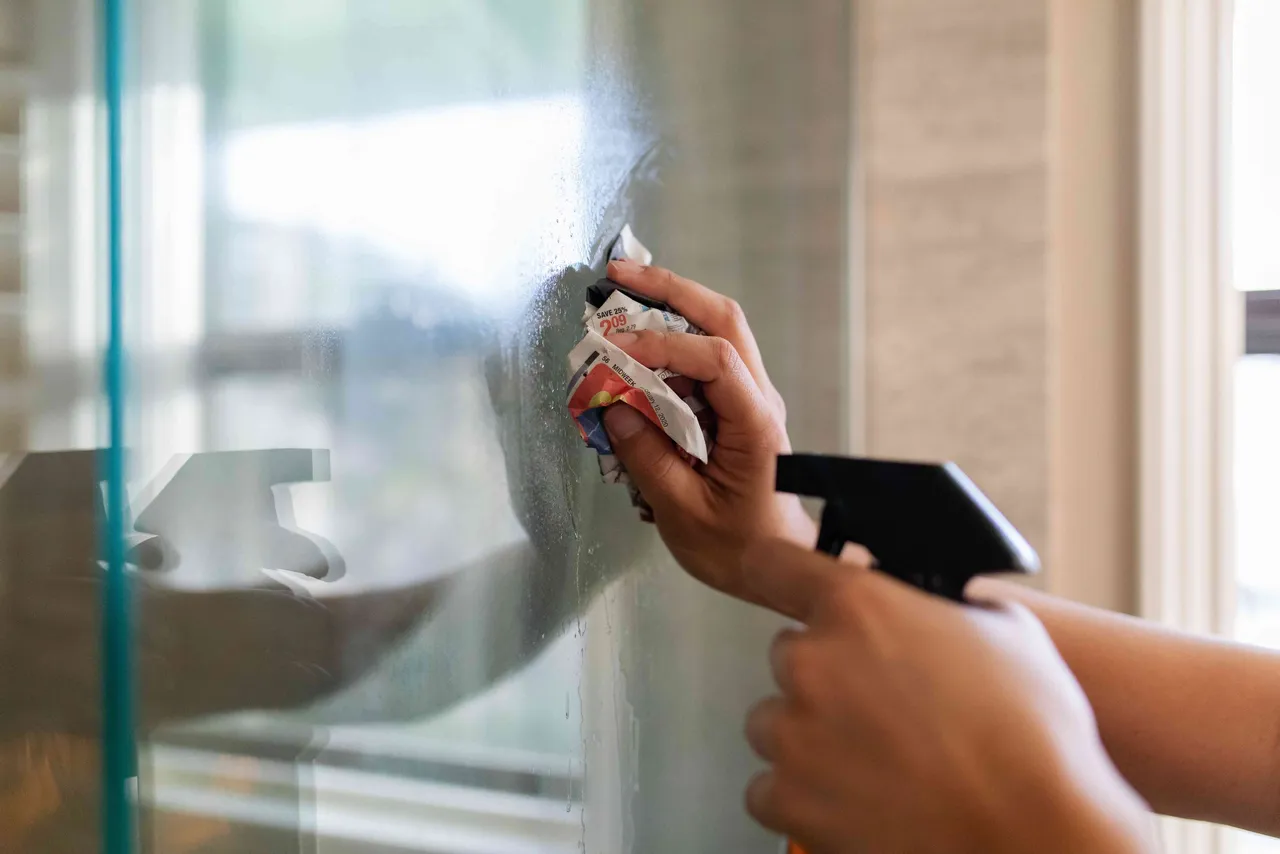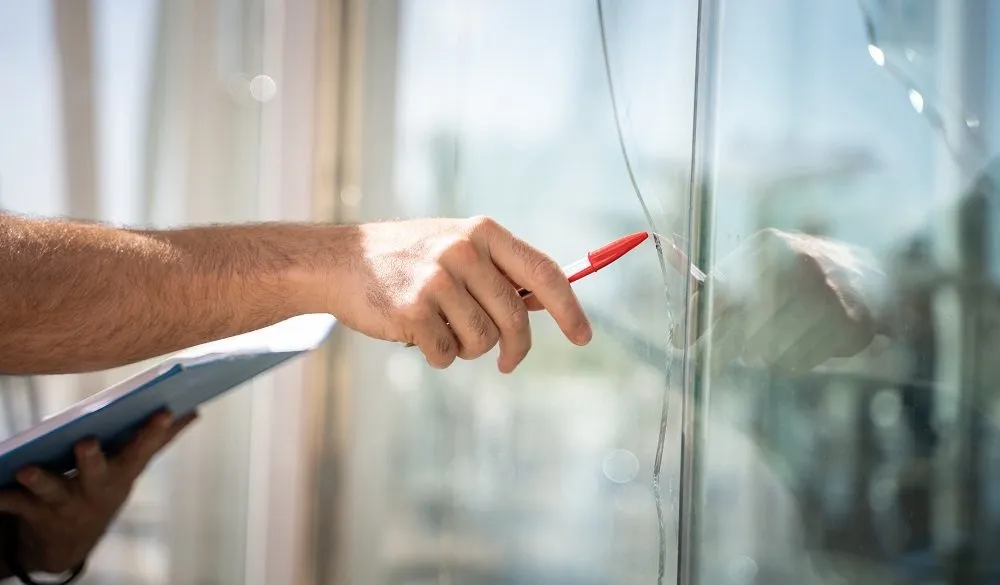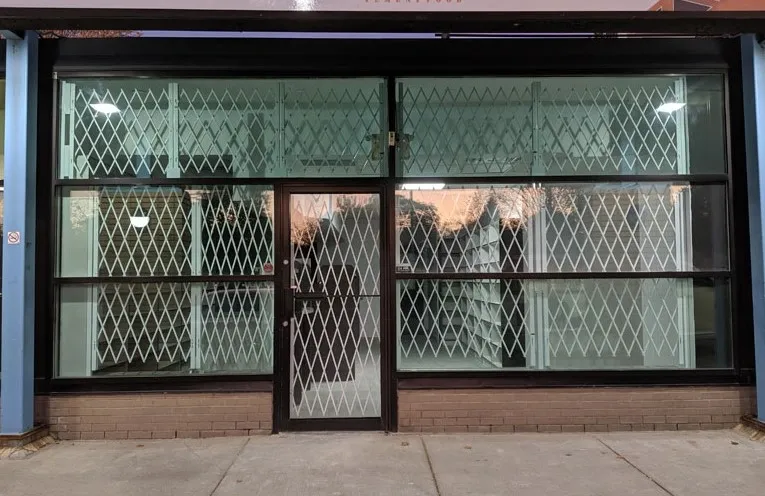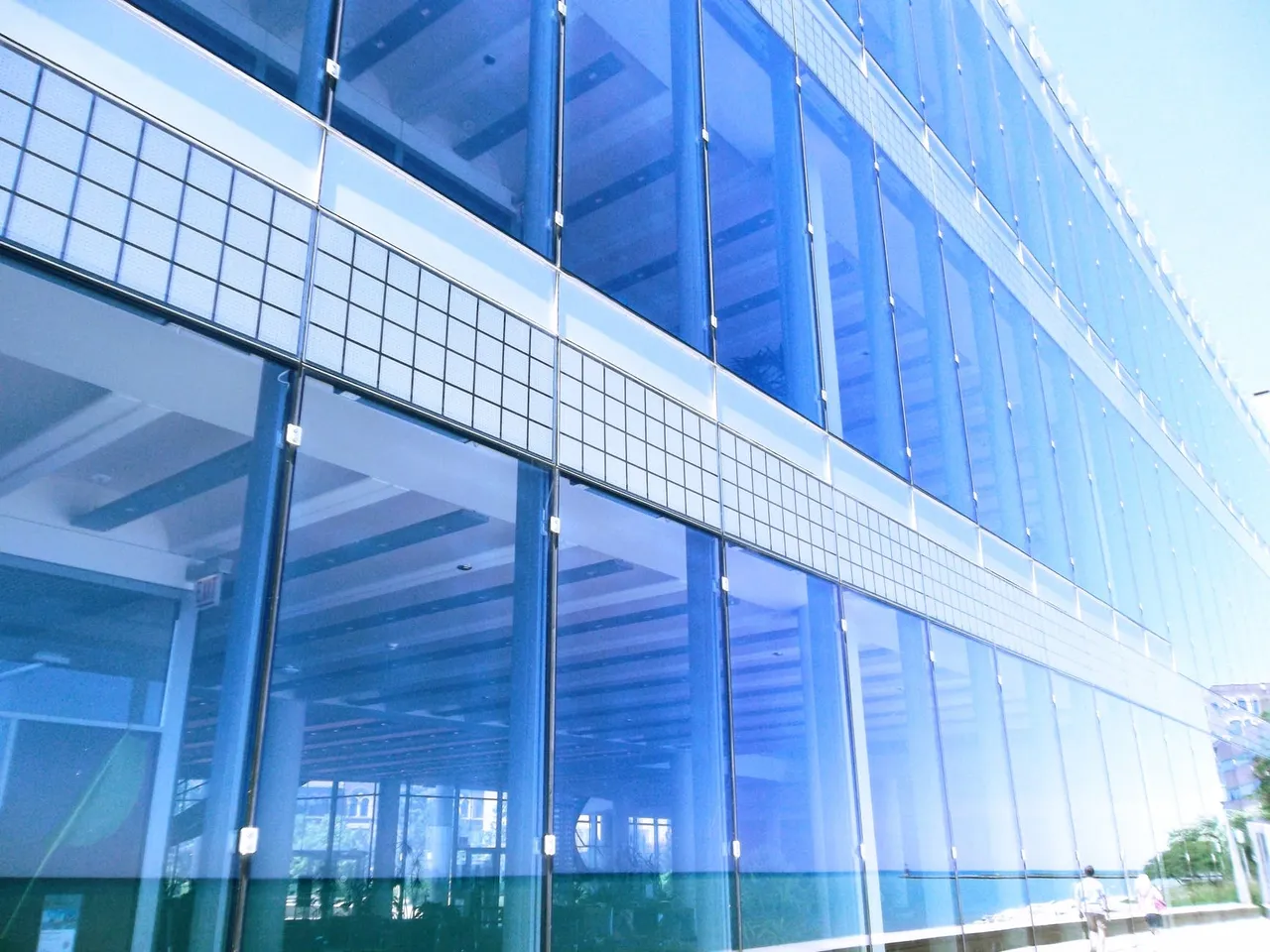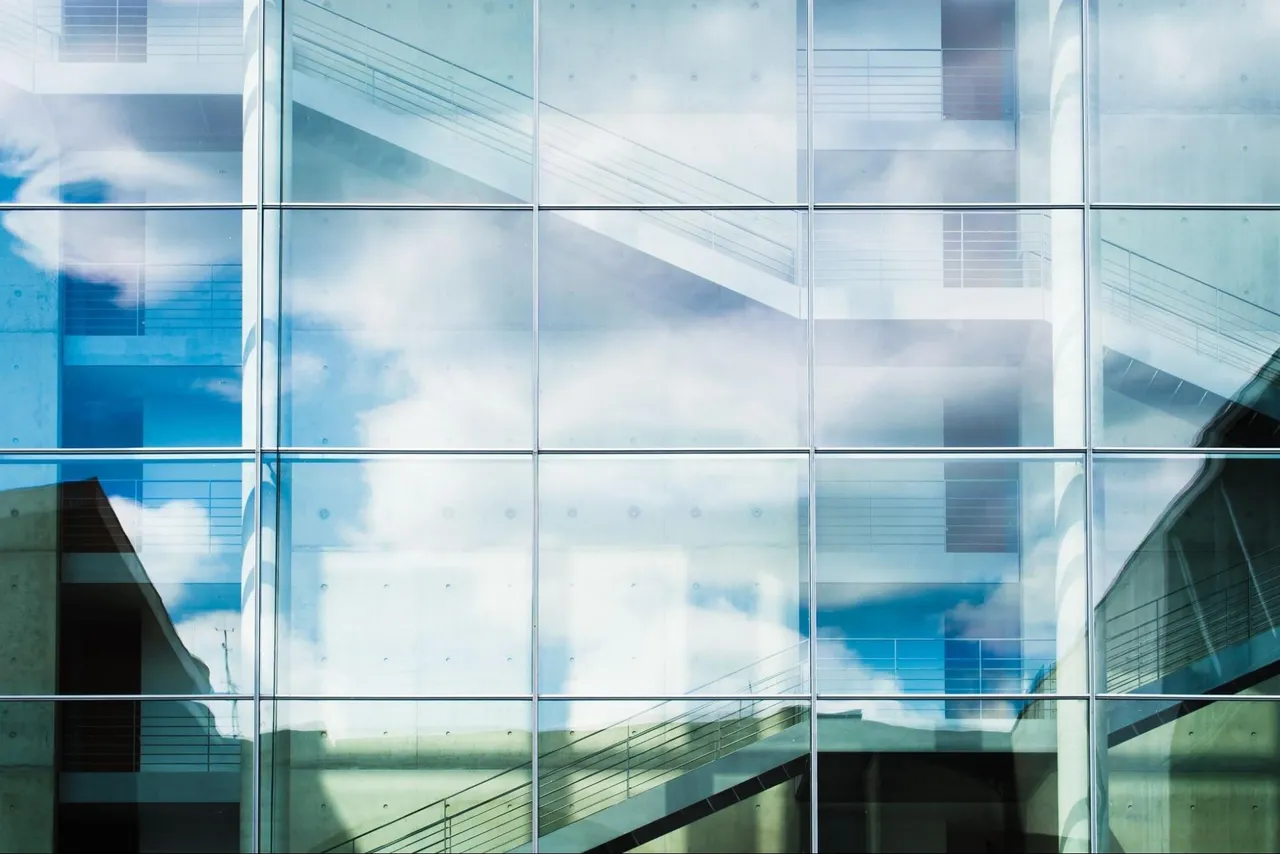Using the Wrong Type of Cleaning Supplies
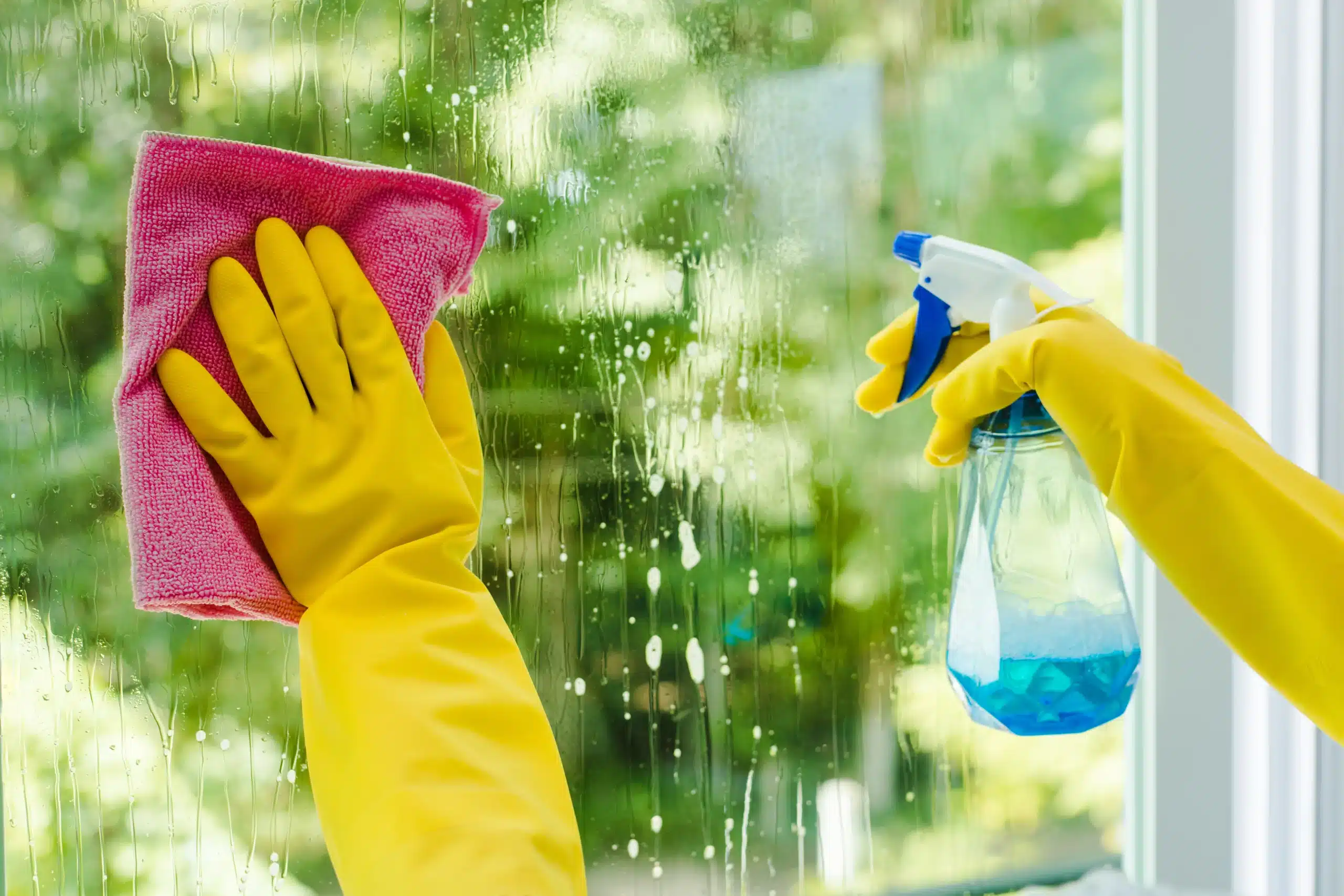
When it comes to maintaining the clarity and cleanliness of your glass surfaces, choosing the right cleaning supplies is essential. Many cleaning tools and chemicals, while commonly used, can cause more harm than good. Let’s dive deep into what you need to avoid and the best methods for a spotless, streak-free shine.
The Problem with Squeegees: More Mess than Solution
Squeegees are often considered the go-to tool for window cleaning, but they can lead to unintended consequences. Here’s why:
- Excessive dripping: As you pull the squeegee across your window, water often collects at the edges, creating a mess as it drips onto surrounding surfaces.
- Inconsistent cleaning: Unless used by a professional, streaks can be left behind due to improper technique or uneven pressure.
Better Alternative: Consider replacing your squeegee with a microfiber cloth. These cloths are designed to trap dirt and absorb moisture, ensuring a streak-free finish.
Cotton Cloths: Why You Should Stay Away
Cotton cloths may seem like a practical choice, but they often do more harm than good when cleaning glass. Here are the pitfalls:
- Lint residue: Cotton cloths tend to shed small fibers that stick to your glass, creating a frustrating cycle of cleaning and re-cleaning.
- Inadequate absorption: Cotton does not absorb moisture as effectively as other materials, leaving behind streaks and smudges.
Better Alternative: Use a high-quality microfiber cloth, which is specifically designed to clean without leaving lint or streaks. Its fine fibers ensure better absorption and remove contaminants efficiently.
Ammonia-Based Cleaners: Using the Wrong Type of Cleaning Supplies

Many people rely on ammonia-based glass cleaners, but they can actually contribute to more problems, especially when it comes to streaking. The high ammonia content can:
- Cause haze: As the cleaner dries, it can leave behind a visible haze, reducing the clarity of your glass.
- Damage surfaces: Prolonged use of ammonia-based products may weaken certain glass surfaces, leading to long-term deterioration.
Better Alternative: Opt for a solution made from rubbing alcohol or a mild detergent. These alternatives provide a deep clean without the harsh chemicals, ensuring a streak-free shine.
The Power of Microfiber: Your Best Tool for Cleaning Glass
Microfiber cloths are designed to provide optimal cleaning for glass surfaces. Here’s why they are superior:
- Non-abrasive fibers: Microfiber is gentle on glass surfaces, ensuring no scratches or damage.
- Highly absorbent: These cloths can hold more water than cotton, making them perfect for wiping away excess moisture without streaking.
- Dirt-trapping properties: The microscopic fibers effectively trap dirt and dust, ensuring your glass is left spotless.
Make microfiber cloths a staple in your cleaning routine to ensure the best results with minimal effort.
Rubbing Alcohol: A Secret Weapon for Spotless Glass

When you need a streak-free, polished finish, rubbing alcohol is a highly effective cleaner. Here’s why:
- Cuts through grease and grime: Rubbing alcohol is an excellent degreaser, making it ideal for removing fingerprints and smudges.
- Quick evaporation: It evaporates quickly, which prevents streaks from forming, leaving a crystal-clear finish.
- Gentle on glass: Unlike harsher chemicals, rubbing alcohol is safe for regular use and won’t degrade your glass surfaces over time.
For a DIY cleaning solution, mix equal parts rubbing alcohol and water in a spray bottle. Add a few drops of mild detergent for an even more thorough clean.
Avoid Harsh Chemicals for Long-Term Clarity
Using strong chemicals can compromise the integrity of your glass surfaces. Over time, frequent use of harsh cleaning agents can erode the smoothness and clarity of the glass. Instead, focus on:
- Mild detergents: These can be cleaned without the risk of scratching or weakening your glass.
- Natural solutions: Ingredients like vinegar or lemon juice diluted with water can offer a gentle but effective clean for those seeking a more eco-friendly approach.
Conclusion: Using the Wrong Type of Cleaning Supplies
Choosing the right tools and cleaning solutions is key to maintaining spotless, streak-free glass. Avoid the common pitfalls of squeegees, cotton cloths, and harsh chemicals. Instead, rely on microfiber cloths and gentle cleaning agents like rubbing alcohol or mild detergent for superior results. By doing so, you’ll ensure that your windows and glass surfaces remain clear, bright, and free from streaks for the long term.
Elevate your glass cleaning routine by choosing the right tools and solutions for optimal results, ensuring that your windows and glass surfaces remain sparkling clean and streak-free. Contact Us Now

